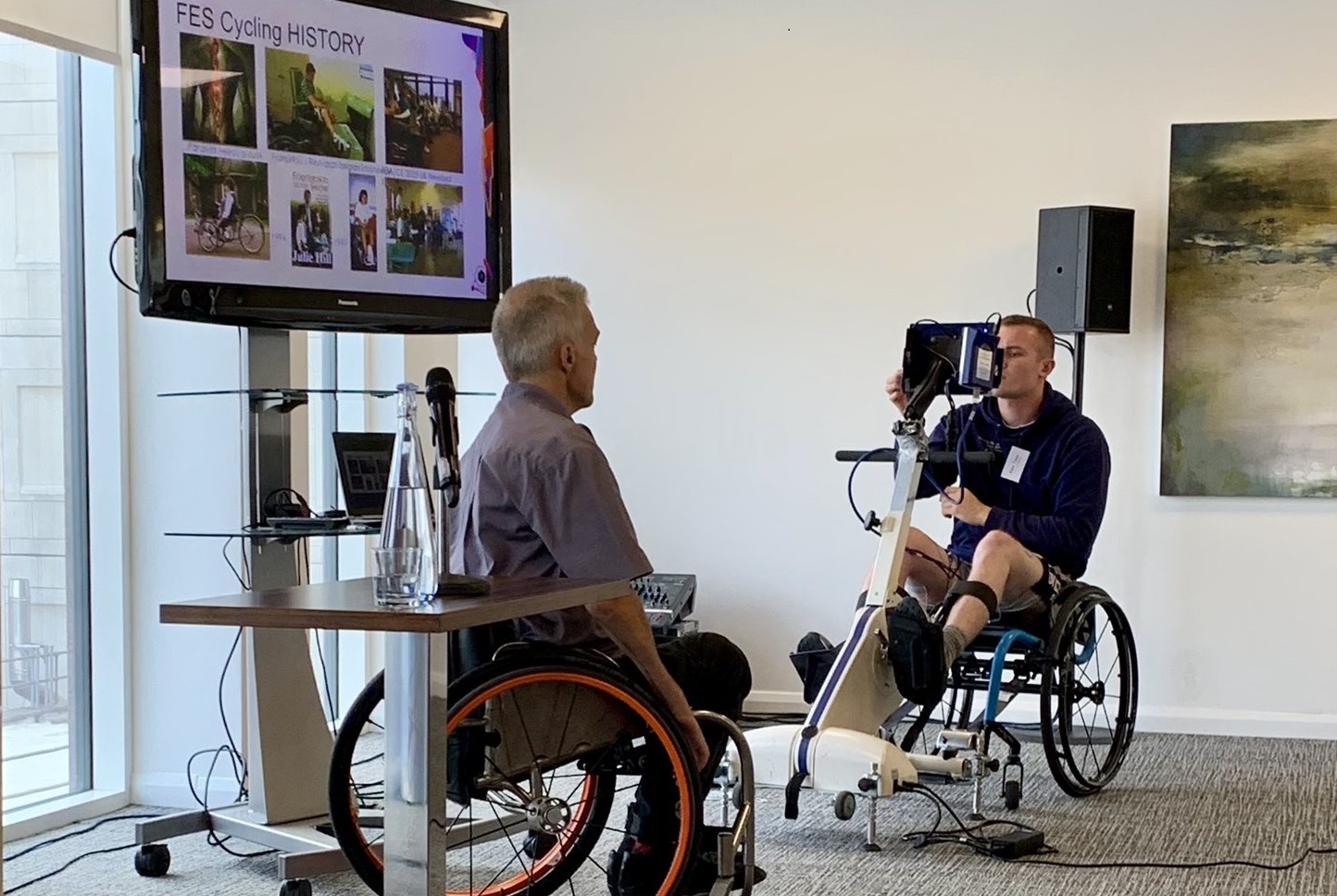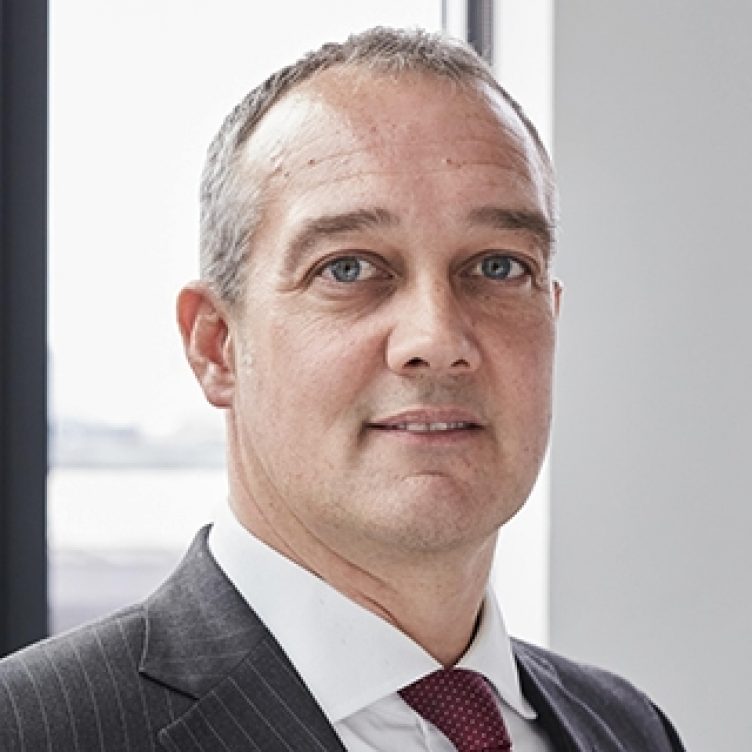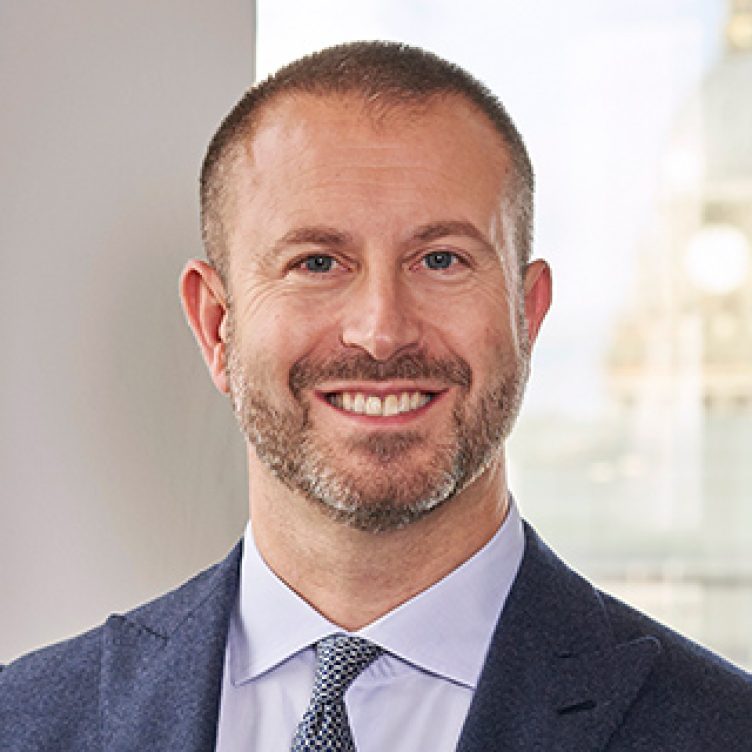Stewarts held the first of a string of four seminars covering the relationship between rehabilitation and the law at Stewarts’ Leeds office on 11 July 2019. The event was attended by case managers and rehabilitation professionals from various companies. Warren Maxwell, a Partner in our Personal Injury team, chaired the event
The law and rehabilitation – Sarah Crowther QC of Outer Temple Chambers
The first talk of the day was by Sarah Crowther QC. Sarah’s presentation considered what rehabilitation related losses are recoverable in law and how the duty to mitigate applies from a rehabilitation perspective. Sarah stressed the importance of having rehabilitation plans that are bespoke, achievable, goal specific and which are regularly reviewed in order to avoid falling foul of the judge at trial. She was at pains to stress the importance of good record keeping pointing out “If it’s not written down, as far as the judge is concerned, it did not happen!”.

Sarah Crowther QC gives an overview to ‘The law and rehabilitation’
Panel discussion on the common issues for consideration in the early stages of a catastrophic injury claim
This was a lively debate with Dan Herman of Stewarts speaking from the claimants’ perspective, Antony French of BLM from the defendants’ and Sarah Rayner, a case manager at CCMS in Stokesley providing the views of a case manager.
The discussion covered a number of topics including
- whether to adopt claimant only or joint instruction of case managers
- preferences and reasoning for agreeing the Rehabilitation Code over seeking interim payments.
- how to establish and maintain clear lines between rehabilitation and litigation issues
- the pros and cons of defendant lawyers attending multidisciplinary team meetings
- the use of deputy and shadow case managers.
At the heart of the discussion was how both sides’ lawyers can and should work collaboratively to ensure the claimant is at the center of the case as this leads to the best outcome for both parties.
Developments in pain management – Dr Karen Simpson, Consultant in Anaesthesia and Pain Management
Karen gave a fascinating presentation on developments in the field of pain management. Particular points of interest included a discussion of the pathopsychology of chronic pain, including clarification of ‘chronic pain syndrome’ and ‘complex regional pain syndrome’. She also touched upon the assessment of pain and pain management within a multi-disciplinary team setting together with practical advice on how pain issues should be addressed.
Interestingly, Karen identified the growing acceptance of treatment of pain by use of medicinal cannabinoids in the USA despite there already being an opioid epidemic in the US as many patients are unnecessarily being given opioids as a means of treatment. Her preference is for the provision of suitably delivered and co-ordinated physical therapies over medication where possible.
Developments in equipment and rehabilitation with functional electrical stimulation – Stuart Dunne and Alex Toon, Cyclone Mobility
The Cyclone team spoke about the latest mobility and rehabilitation equipment as well as providing a demonstration of a functional electrical stimulation (FES) bike.
Stuart explained the psychological and physical benefits of FES particularly the reversal of muscle atrophy and improvement of blood circulation. Further benefits include an increased range of motion, a reduction in spasticity and overall neuromuscular re-education. Individuals who undergo FES look cosmetically better and “fill their jeans”. And, as a result of the greater oxygen levels that FES allows, they have better skin.

Stuart Dunne and Alex Toon from Cyclone Mobility
Psychosexual issues and therapies – Michelle Donald, I-Said
The last speaker was Michelle Donald of I-Said (Informing on Sexuality After Illness and Disability). Her presentation attempted to break down taboos surrounding sexuality after illness and disability.
Michelle explained that the psychosocial aspects of disability tend to get overlooked and function is often the factor that is focused on. When considering psychosexual therapy and the treatments available in this area it is important to recognise that, whilst it is often possible to fix function, this does not necessarily fix the individual’s sex life.
A special thanks goes to the speakers, all of those who attended and the team at Stewarts who helped make this day such a big success. We hope to see you for the second of the four seminars, which is planned to take place in November 2019.
You can find further information regarding our expertise, experience and team on our Personal Injury pages.
If you require assistance from our team, please contact us or alternatively request a call back from one of our lawyers by submitting this form.
Subscribe – In order to receive our news straight to your inbox, subscribe here. Our newsletters are sent no more than once a month.







